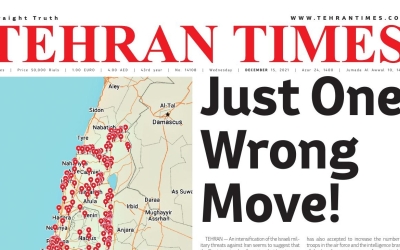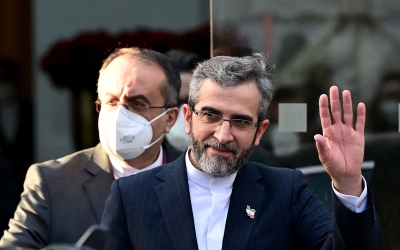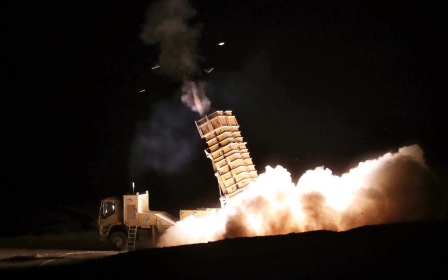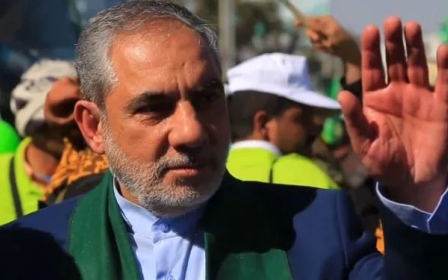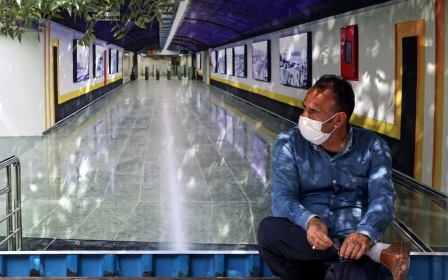Iranian press review: IRGC threatens to hit multiple targets in Israel, Gulf, Central Asia
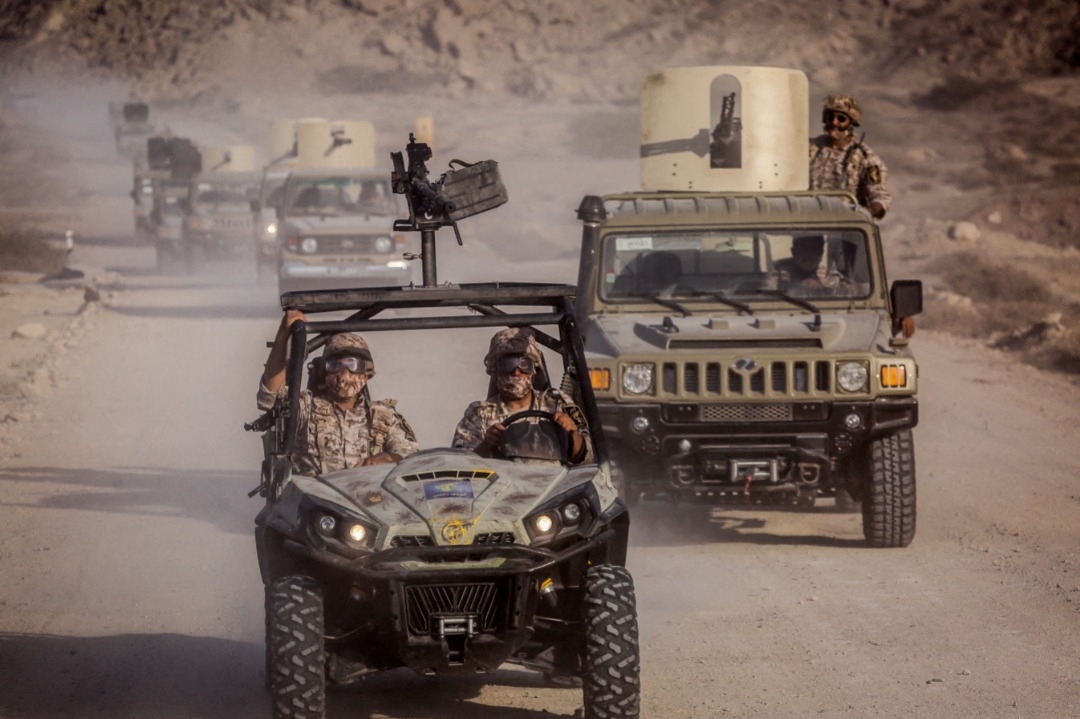
IRGC increases threats against Israel and its Arab allies
The Jam-e Jam daily, affiliated with Iran's Islamic Revolutionary Guard Corps (IRGC), reported that the IRGC would hit multiple targets in Israel, the Gulf, and countries in Central Asia hosting US military bases if Israel attacks Iran's nuclear sites.
Under the headline: "who is the final winner?" the daily made a comparison between the military power of Iran and Israel.
The daily's source for this article was data provided by Global Fire Power (GFP), according to which Iran was ranked 14 and Israel 20 for military strength in 2021.
It also suggested that Iran's ballistic missiles arsenal could be a source of military superiority over Israel.
"Iran has missiles that can hit targets in a large geographical area, from China and the east of Kazakhstan to the south of India and Egypt," the daily wrote.
"Israel might use military bases in countries around Iran. Naze'at missiles could hit these bases. In addition, anti-ship cruise missiles and short-range rockets could destroy other targets [in the region]."
Meanwhile, on Monday, a high-ranking IRGC commander, Major General Gholam Ali Rashid, said that in response to a potential attack by Israel, Iran would hit the bases from which the attacks originated and the route to the airspace used for the raid.
Since a report was published about Israel and US joint drills to destroy Iran's nuclear facilities, the IRGC media have openly discussed the elite force's potential targets in the region.
Last week, Tehran Times published a map of IRGC's potential targets inside Israel.
Iran restores higher education ban on activists
President Ebrahim Raisi's hardline administration reinstated regulations implemented by former president Mahmoud Ahmadinejad to ban student activists from completing their studies at universities.
"Last week, Raisi's government took back a draft of law about the rights of all citizens to higher education, known as 'prohibiting the star crossing of the political students'," the Sharq daily reported.
In Iran, students barred from university education are colloquially known as "starred students" because their names are star-crossed by university security offices to prevent them from registering at the beginning of each semester.
This process began when Ahmadinejad took office in 2005.
According to the Sharq daily, about 1,000 university students who passed the entrance exams to begin their master's studies were blacklisted by the intelligence agencies during the first term of Ahmadinejad's presidency (2005-9).
Following the 2009 uprising, the number dramatically increased, and many student activists were forced to leave the country and live in exile.
After Ahmadinejad's two terms, more moderate president Hassan Rouhani proposed a draft of a law to the parliament about equal rights to higher education. However, even during his time, student activists were barred from higher education and were targeted.
Iranian women sell hair to make ends meet
The Khorasan daily reported that the number of poor women selling their hair has increased in Iran's second-largest city, Mashhad.
According to the daily, young women are the leading hair sellers to posh beauty salons; however, even women in their 60s trade their hair for as little as $7 to cover their medical expenses.
Higher prices would be paid for the long hair belonging to young girls. For example, the daily reported that a young mother received $70 for her 8-year-old daughter's long blond hair.
"During the four months that I've been trading hair, I've seen so much poverty and helplessness that now I feel depressed," a hairdresser told the daily.
"Trading long and thick hair is a good business, but you see painful scenes. Most of those who sell their hairs are from the underprivileged suburbs, and sometimes they are so poor that they could not take good care of their hair, and I can't pay them much money."
The daily spoke with people who said that they used the money from selling hair to buy medicine, pay the registration fees for school, buy home appliances for newly married couples, and cover everyday living expenses.
Tehran-Cairo dispute over street names
The names of two streets in the capital cities of Iran and Egypt were said to be the reason for a deadlock in political relations between the two countries, local media reported.
Despite attempts to restore political ties, Tehran and Cairo have no embassies in each other's capitals. Some believe that streets named after Khalid Ahmed Showky El Islambouli in Tehran and Farah Pahlavi in Cairo have been an obstacle to rebuilding ties.
On Monday, a member of Tehran's city council Naser Amani said that Cairo had asked Tehran to change the name of Khaled Islambouli street in central Tehran. Meanwhile, Iran urged Cairo to rename Farah street in the Egyptian capital in return.
Neither Tehran nor Cairo have so far changed the names of the streets.
Islambouli, who was killed by firing squad in 1982, assassinated Egypt's former president Anwar Sadat on 6 October 1981.
Pahlavi was the third wife of Iran's last king, the Shah, who transferred millions of dollars to his accounts outside Iran before being toppled by the revolutionaries.
Following Iran's 1979 revolution, relations between the two countries deteriorated rapidly as Cairo rejected Tehran's requests to hand over the Shah who had sought refuge in Egypt.
*Iranian press review is a digest of news reports not independently verified as accurate by Middle East Eye
Middle East Eye propose une couverture et une analyse indépendantes et incomparables du Moyen-Orient, de l’Afrique du Nord et d’autres régions du monde. Pour en savoir plus sur la reprise de ce contenu et les frais qui s’appliquent, veuillez remplir ce formulaire [en anglais]. Pour en savoir plus sur MEE, cliquez ici [en anglais].


